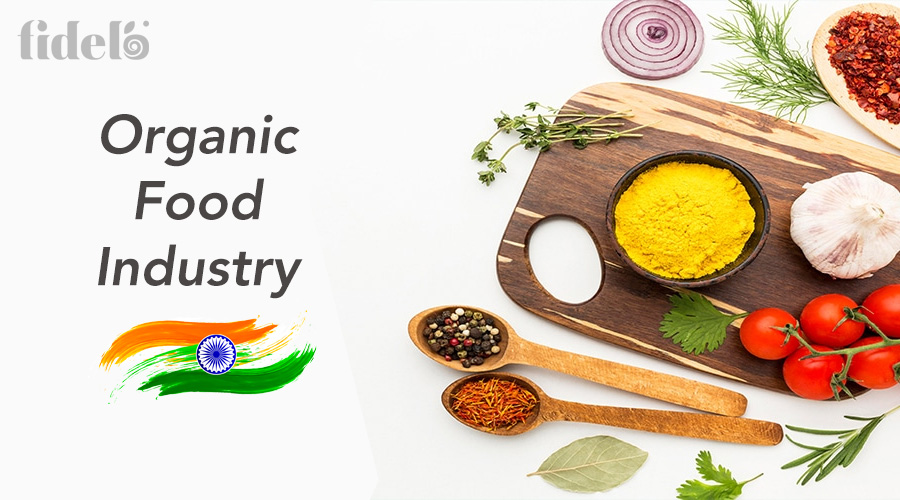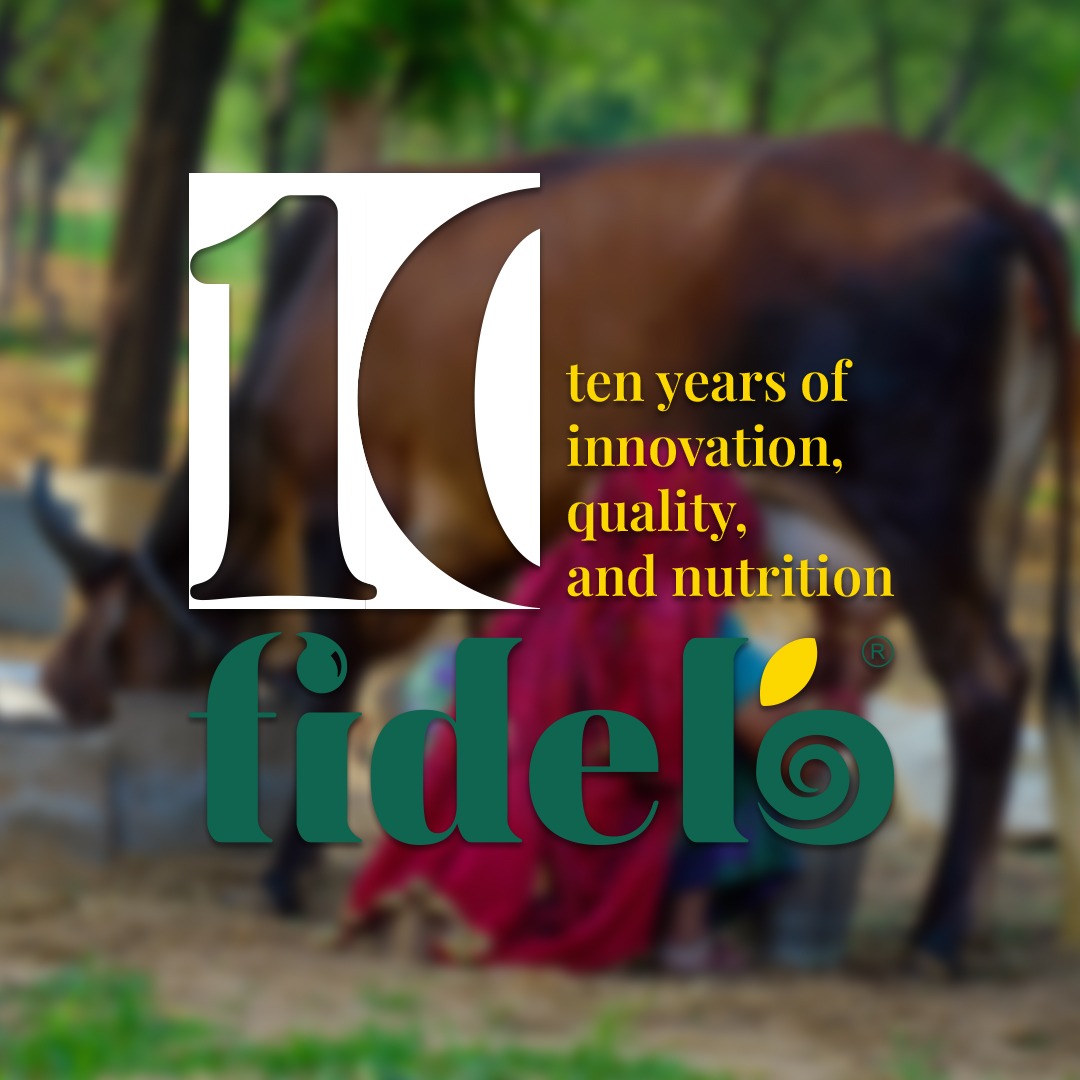Why consumers shifting towards organic food in India?
In the last decade there has been an increase in awareness among people about other positive effects of organic foods like the following:
- have high nutritional value
- have high biological quality even when stored for longer periods of time
- are more suitable for processing and distribution due to their longer shelf life.
- need less energy to be processed
- have higher organoleptic properties like colour, fragrance and taste
- contain no residues of pesticides, heavy metals or hormones
Market Segmentation
Organic food refers to the product of an agricultural system that avoids the use of inorganic fertilizers, pesticides, and animal feed additives. Organic farming assures customers that toxic pesticides, synthetic fertilizers, and genetically modified organisms (GMOs) are not used in the processing of food and that no antibiotics or growth hormones have been administered to the livestock.
Based on product types, the market can be divided into organic beverages, cereal and food grains, meat, poultry and dairy, spices and pulses, processed food, and fruits and vegetables, among others.
The distribution channels in the industry can be segmented as follows:- Supermarkets and Hypermarkets
- Specialty Stores
- Convenience Stores
- Online
- Others
The major regional markets can be divided into Assam, West Bengal, Tamil Nadu, Kerala, and Karnataka, among others.
Covid impact
According to the Ministry of Agriculture, with increased awareness of organic foods, people are inclining more towards these products. The demand has been especially good since the advent of Covid-19, in the domestic and overseas markets. Value of exports of these products registered a 51 per cent increase in 2020-21, though it moderated in 2021-22.
Organic products are grown under a system of agriculture without the use of chemical fertilisers and pesticides with an environmentally and socially responsible approach. Among the top 10 organic produces that India exported in the last three years are processed food, oil seeds, cereals and millets, sugar, spices and condiments, pulses, tea, fodder and coffee.
On an average, India’s organic product export is valued at $827 million every year, show data by the Ministry of Agriculture.
Currently, 59.12 lakh hectares area has already been brought under organic farming in India as certified by the National Programme for Organic Production (NPOP) and Participatory Guarantee System (PGS). India ranks fourth in terms of certified area globally, according to a report published by the Research Institute of Organic Agriculture (FiBL) and the International Federation of Organic Agriculture Movements (IFOAM) Statistics 2022.
Challenges for Organic Food Market
Ever since the pandemic hit the world, people have deep down understood that health is the real wealth. With the increased awareness towards quality and organic food eating habits among people, a steep increase in the demand for organic food products can be seen in the Indian market.
- Limited Awareness: There still goes a prejudice in Indian society that has made organic food a sign of status and luxury rather than a basic benchmark. A lot of people think it symbolizes one’s quality of life.
- Demand and Supply Gap: There are times when some of the organic food products are being supplied in the market more than their demand and on the other hand the other more demanded organic food products see merely no supplies.
- Administrative Support: At present, the subsidies available for chemical fertilizers by the Governing bodies make it cheaper and more accessible for the farming sector. Hence better awareness among farmers in terms of educating them with the benefits of organic farming while giving them the needed administrative guidance is very important. Along with this, a safety net of recovery on crop losses and subsidizing organic farming will also help in boosting the organic food market in India.
- Traditional Farming: The majority of farmers do not opt for an organic way of farming for the fear that the change might not bring them results like chemical fertilizer-based farming does.
- Price always stays a big issue:Indian markets house price-sensitive customers with huge variances in their disposable income capacity. This leads to a huge fraction of the Indian diaspora opting out of the organic food product market.
Tags: IndianOrganic FoodOrganic Food IndiaOrganic Food industryOrganic India
Categorised in: Organic Food




